Keeping on top of your credit rating to ensure you and your business are classed as financially secure should be of the utmost importance as we head into 2024 and a year of potential opportunities. Add to this, in a world where digital scams and banking fraud are prominent in both the personal and commercial banking sectors, it is important to ensure you keep on top of your records to protect your credit rating.
You know the score, don’t you?
Your credit score that is. As consumers, most people are proud of their credit score and look after it to ensure that if and when they may need a loan, a new car, credit card or a mortgage they will get automatic acceptance at the best possible rate. However, in business you may not review your credit rating or you may not even know you have one. Just like the consumer credit environment, the business world relies on credit ratings, amongst other things, in their decision making process when considering whether to grant credit facilities.
Wherever possible, pay your trade creditors on time or even a little early if you can. Also make sure you file any required documents such as Annual Accounts and Confirmation Statements at Companies House on time.
Run a credit report on your own business
You should consider running a credit report on your own business for two reasons:
- You can see what information the credit reference agencies hold on your company, and
- You know what to expect your clients and potential clients to disclose to the agencies.
The funding solutions that the government introduced during the pandemic including cheap, easily obtainable business loans from banks and alternative funding from lenders, are now being paid back after the initial one-year payment holiday and five years to pay after that. It is important to remember that those loans have to be paid back, and if you can’t or don’t pay, your business credit rating could be adversely affected.
It is therefore of great importance that you avoid negative information on your credit file such as Court Judgments, Defaults and Winding Up Petitions so be sure to run a credit report on your own company to check all is in good order. Be open and honest with your suppliers and funders, and expect the same from your clients.
The continuing after-effects of Covid financial support
The government has taken stock of their support for businesses, and estimates suggest that companies are now burdened with £70 billion of unsustainable debt, of which £20 billion is attributed to the government guaranteed lending schemes. It is therefore likely that there will be a sharp rise in business insolvencies. Former employees of insolvent businesses may decide to start their own companies rather than search for alternative employment. Those new businesses will have no history or credit rating so, whilst supporting new businesses is commendable, you should proceed with caution if you are approached by a new business seeking credit terms.
Request upfront payments
Make sure you have written terms and conditions in place with all your clients, issue invoices as soon as a job is completed (or earlier if you can), and don’t be afraid to chase clients for payment. Sticking to these principals won’t guarantee business survival, but good practice will give you the fighting chance you need to survive and grow your business during these difficult times. If your company is profitable then its worth will increase, and therefore so will your credit rating. When it comes to taking on new clients, requesting payment up front or at least a 50% deposit would minimise your risk and also show goodwill.
Safeguard your credit rating
In an era dominated by digital transactions and online interactions, safeguarding your credit rating, especially in the commercial sphere, has never been more crucial. The virtual landscape is rife with potential threats, ranging from sophisticated digital scams to insidious identity fraud, posing significant risks to your business’s financial stability. As we navigate the vast realms of the internet, it’s imperative to adopt proactive measures to shield our commercial credit rating. Vigilance begins with cultivating a heightened awareness of common online scams and phishing tactics that can specifically target businesses.
Regularly monitoring your commercial credit reports can serve as a vital early warning system, allowing you to detect any suspicious activity promptly and mitigate potential damage. Implementing two-factor authentication on all business accounts adds an extra layer of defence against unauthorised access. Embracing secure password practices and refraining from sharing sensitive business information online are fundamental steps in fortifying your commercial credit rating against the pervasive threats of the digital age. By staying informed, practicing caution, and employing robust cybersecurity habits, you can effectively fortify your business’s credit rating in the face of evolving digital risks.
Through our Credit Consultancy Service at Premium Collections Group Ltd, we have helped clients improve their credit rating. We also provide services to help you amicably recoup outstanding monies from clients to improve your overall cashflow. Our globally based teams work with clients across the UK, Europe and internationally, and we would be delighted to speak to you on a no-obligation basis to see if we can support your business in 2024. Please contact our Managing Director, Paul Daine, by calling +44 161 962 4695, or you can email paul.daine@premiumcollections.co.uk.

